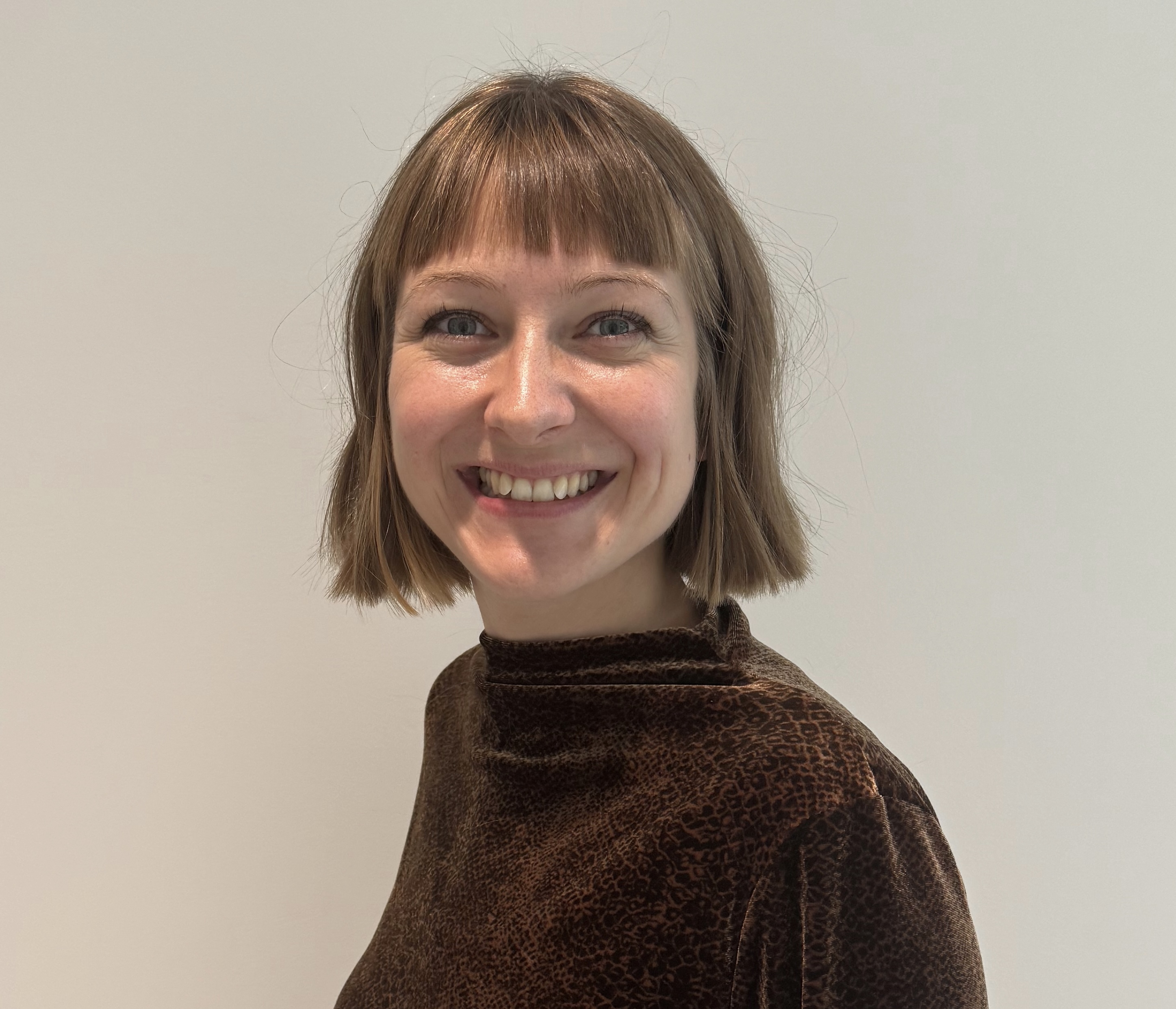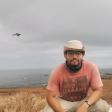
Ruth Marheinecke, MSc., is a social and clinical psychologist completing her PhD. in psychology at Friedrich-Schiller-University Jena and working concurrently at Jena University Hospital, Germany. Her work focuses on the dysregulation of the stress response and immune system in response to experiences of political repression. She is completing her dissertation on the mental and physical consequences of the quiet political repression (a tactic frequently utilized by authoritarian regimes around the world) that took place under the leadership of the former German Democratic Republic.
She is currently a visiting scholar at the UCSF Department of Psychiatry and Behavioral Sciences and Aging, Metabolism, and Emotions (AME) Center with Dr. Elissa Epel, funded by the Fulbright Doctorate program. We spoke with her about her work and current research stay with UCSF AME.
What is your background in psychological and behavioral sciences? What brought you to study at the UCSF Aging, Metabolism, and Emotions Center?
After completing my bachelor’s degree in general psychology, I pursued a master’s degree with a focus on social psychology. My master’s research primarily explored how social identities shape an individual’s perception of the world, building my distinct interest in broader social and societal impact on individual psychology. During my doctoral studies, I expanded my focus to explore the biological pathways through which social and societal factors affect individual constitution. In parallel with my academic training, I am also working toward becoming a psychotherapist. This combination of academic research and practical application drives my passion for purposeful research, which has led me to the UCSF Aging, Metabolism, and Emotions Center. Elissa Epel and her team have been a major source of inspiration, conducting pioneering work in trauma, stress, and biopsychology while emphasizing translational research that directly benefits individuals and communities. I am deeply grateful for the opportunity to learn from and contribute to such an innovative group. I firmly believe that making a genuine impact in academic research requires collaboration and a strong international network of experts, which makes me especially honored to be part of this environment.
Can you tell us about your ongoing dissertation, “Psychobiological Long-Term Consequences of Quiet Political Repression in the German Democratic Republic”? What made you interested in exploring this topic?
My dissertation focuses on the long-term biopsychosocial impact of quiet political repression in the former German Democratic Republic (GDR; 1949 – 1990). The GDR was an authoritarian regime under Soviet influence, where the governing party used its secret service to maintain control and suppress (perceived) political opponents. Alongside overt “loud” measures like political imprisonment, they employed "quiet" forms of repression, such as surveillance, restricting freedom of speech, and orchestrating personal or professional failures. These subtle tactics aimed to avoid public attention while depriving individuals of essential resources like security, allies, or stability, fostering feelings of uncontrollability, social threat, and uncertainty—the core components of psychosocial stress. Although there has been very little research on those who experienced quiet repression, the limited evidence suggests their psychosocial outcomes are comparable to individuals subjected to more overt forms of repression, like imprisonment. To address this gap, we conducted a study with individuals who endured quiet repression, examining their psychological and physical health, stress levels, and immune function.
I am deeply passionate about this project. It integrates the social psychological focus of my master’s studies with biological and health psychology, history, and sociology. I was astonished to discover how little research exists on this topic, and how little is known. Meeting the individuals involved has been particularly meaningful—each has a unique story that deserves to be heard. By documenting their experiences and exploring the long-term effects of this repression, I hope to give them a voice and raise awareness of the profound impacts this kind of covert repression can have.
Can you elaborate on your findings? Furthermore, how might your findings be more applicable to contemporary political environments around the world?
We are still in the process of analyzing the data, so nothing is published yet. But so far, our findings reveal that individuals subjected to quiet political repression in the GDR exhibit striking long-term effects of their repression experience, even 40 years later. These individuals report higher levels of psychological distress, including depression and anxiety, as well as heightened feelings of loneliness and avoidance in close relationships. Protective factors, such as resilience also appear to be lower in this group. Biologically, we observe heightened immune system inflammation and differences in psychological stress responses. Notably, social support seem to be a crucial protective factor: individuals with low social support show shorter telomere lengths—a marker of cellular aging—whereas this pattern is absent in the control group. Despite these trends, our interviews highlight the diversity of experiences, with some individuals reporting significant struggles while others seem relatively unaffected today. Relationships appear to play a central role, which I intend to examine further.
Even though the exact repression methods used in the GDR were historically unique to their circumstances, I believe this type of research is highly relevant today. Quiet political repression still plays an active role in authoritarian regimes, as studies in Hong Kong, Russia, and Nicaragua show—and with the noticeable global shift towards authoritarianism, this trend is likely to grow elsewhere too. These methods follow the same goals as quiet repression in the GDR and are implemented in comparable ways. Therefore, we assume similar underlying psychological mechanisms that, in turn, may lead to similar psychobiological health consequences. Understanding the health impact of quiet political repression is thus crucial for understanding and supporting individuals who face such repression today.
What else are you working on at AME? What other topics do you hope to explore in the future?
At the UCSF AME Center, I have been fortunate to contribute to two exciting projects. One is a study on a meditation intervention for stressed UCSF employees, where we discovered that individuals with a history of adverse childhood experiences may especially benefit from meditation. The other involves analyzing data from the unique National Growth and Health (NGHS) dataset, which follows Black and White women throughout their lives. My focus in this project is to investigate the influence of early life stress on inflammatory processes during adolescence and its connection to cardiovascular disease risk in adulthood.
Looking to the future, I hope to expand the methods used to measure political repression and further develop my findings from the GDR study. I am particularly interested in exploring how these insights can be applied to populations facing similar challenges today. Additionally, I would love to work on identifying risk and protective factors in these populations to determine where and how support of individuals affected by political repression can begin.
Read Ruth's recent publication "Visible Wounds of Invisible Repression: A Perspective on the Importance of Investigating the Biological and Psychological Impact of Political Repression."
Explore the link between chronic stress, telomere length, and cellular aging from Dr. Epel and collaborators: "Cellular Allostatic Load is Linked to Increased Energy Expenditure and Accelerated Biological Aging."



